Tag Archives: annotation
Things to do when stuck at home because of the Coronavirus: Get Annotating
Scott Edmunds - March 26, 2020

Stuck indoors and bored of passively reading information on the coronavirus (and more) when you could be doing something more constructive? GigaScience now has hypothes.is integration for collaborative annotation, and we would encourage readers to interact with our content more collaboratively. Here we outline eight things we do to add value to papers with such […]
#FORCE2017 in Berlin: “Changing the Culture”
Hans Zauner - October 31, 2017
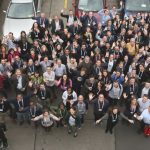
Write up by Hans Zauner of three eventful days in Berlin last week for FORCE2017 discuss ideas, ongoing projects and future developments around Open Science
2016: An Eventful Year for GigaScience
Nicole Nogoy - December 13, 2016

This year has been an eventful one, probably too eventful for many. For GigaScience it has been eventful too, although fortunately in a much more positive way than many have experienced. While there are fears of us entering a “post-truth” era, there is more need than ever for our role as promoters of transparency, reproducibility and providers of cold-hard data. We celebrated our birthday with Mickey Mouse, and experienced many other milestones. On the technical front, this year we have brought you better integration with citable and updatable methods, bigger better and broader data types, and much more. In the tradition of end-of-year-introspection, here is a summary of some of our 2016 achievements as we continue to push the boundaries of innovative publishing of all research objects and reproducible research.
The Annotometer Results Are In…
Chris Hunter - May 3, 2016

And the final result from the Annotometer is in! GigaScience Lead Biocurator Chris Hunter updates us and provides lessons on how the GigaCuration Challenge went at last months Biocuration 2016.
Encouraging community curation through competition
Chris Hunter - February 4, 2016
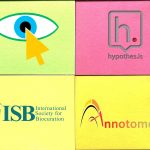
As part of this years BioCuration 2016 event in Geneva we are launching an annotation competition: the Giga-Curation Challenge.
The Importance of Annotation: A Q&A with Hypothes.is Director of Biosciences, Maryann Martone
Nicole Nogoy - December 1, 2015
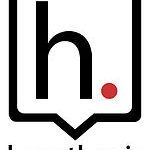
Maryann Martone is Director of Biosciences for Hypothes.is and current President of FORCE11, an organization advancing scholarly communication. She tells us about a new open annotation tool, Hypothes.is, and why the ability to annotate scholarly objects is so important.
GigaScience Gets a Service. What’s new in GigaDB?
Chris Hunter - November 26, 2015
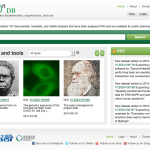
After a solid year of behind-the-scenes efforts, the latest version of our GigaDB database rolled out last month. While superficially it may not look that different, a lot has changed under the hood. To explain more our Lead Curator Chris Hunter talks through some of the main feature changes.
BioCuration Behind the Bamboo Curtain
Scott Edmunds - April 28, 2015

Write up of the ISB Biocuration2015 meeting in Beijing that we attended, and leaving a biocuration legacy in China.
Big-science goes local: democratization of sequencing demonstrated by the parrot genome
Scott Edmunds - September 28, 2012
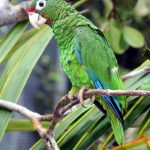
Big-science goes local: read more on the democratization of sequencing demonstrated by the crowdfunded Puerto Rican parrot genome
1, 2, 3, 4 Get with the Wiki!
Scott Edmunds - July 25, 2012

Write up of ISMB 2012 and the ISCB competition to improve the existing Wikipedia articles about any aspect of computational biology